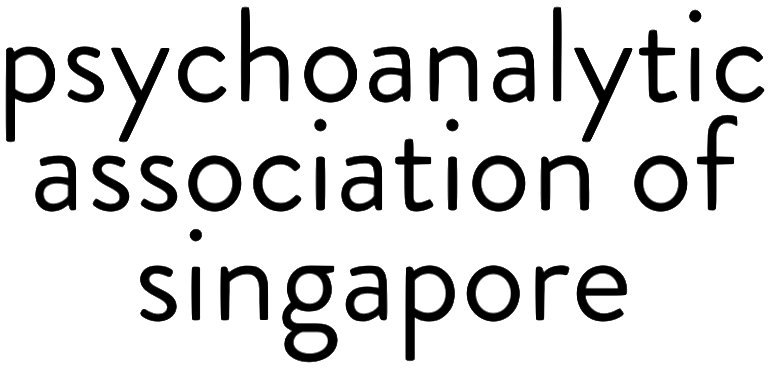What is Psychoanalysis?
Psychoanalysis is a highly effective psychological treatment that improves the lives of many people.
Psychoanalysis is a type of talk therapy that aims to explore beneath the surface, the unconscious drives for our emotions and behaviour. This latest outreach video from the American Psychoanalytic Association (APsaA) uses the metaphor of a tree and its roots to explain how past experiences and traumas can impact the health of the tree, both on the surface and underground.
As a psychological treatment, psychoanalysis is a method of modern psychotherapy that can be very useful for people who are struggling with longstanding difficulties in the ways that they think and feel about themselves, the world, and their relationships with others.
To be sure, there are short-term treatments that are better suited for short-term problems such as anxiety or depression brought on by a specific stressor, loss, or trauma. But for psychological troubles that have been around in one’s life for a long time — often since childhood — a deeper treatment is needed. That’s where psychoanalysis comes in.
In fact, psychoanalysis was first developed as a treatment for patients who did not respond to other medical and psychological methods available at the time. Freud is the face of psychoanalysis for a reason, as he made the game-changing discovery that certain types of problems have their roots below the surface of conscious life. Since then, psychoanalysts have discovered more and more about how unconscious factors greatly influence us, for good and for ill. When these unconscious forces are the source of significant and enduring psychological troubles, therapeutic methods that rely on suggestion, common sense reasoning, or behaviour modification are not very effective. In such cases, a method that reaches the unconscious level is needed.
The psychoanalytic method involves meeting with a mental health professional with specialised, advanced training in working with people at this unconscious level. Psychoanalytic training involves an additional 5 to 8 years of doctoral study beyond a psychotherapist’s psychological, psychiatric, social work or other mental health training.
A focus on Resolving mental health issues
There are times in all our lives when our emotions feel overwhelming, and we can even become unwell with a mental health problem. Having psychoanalytic therapy can help us to better understand ourselves and to work through our difficulties.
structure of therapy provides security and predictability
Psychoanalytic treatment consists of meeting with an analyst on a regular basis for sessions that last fifty minutes. This stable, confidential structure gives you and your analyst the chance to connect with and understand what is happening at a deeper level. By being so generous with time, attention and thought, psychoanalytic treatment can bring about authentic and lasting change, even when working with substantial emotional difficulties. You can read about the evidence for the effectiveness of psychoanalytic treatment here.
A recognition and respect for our unconscious mental life
At the heart of psychoanalysis is the recognition that our complex and often unconscious emotional life is a fundamental part of being human. Sometimes we don’t understand the beliefs and fears that shape our way of looking at and living in the world, as they have become ingrained and automatic. We can find ourselves repeating destructive behaviours, feeling stuck in unhappy relationships and stunting our emotional, creative and professional development.




